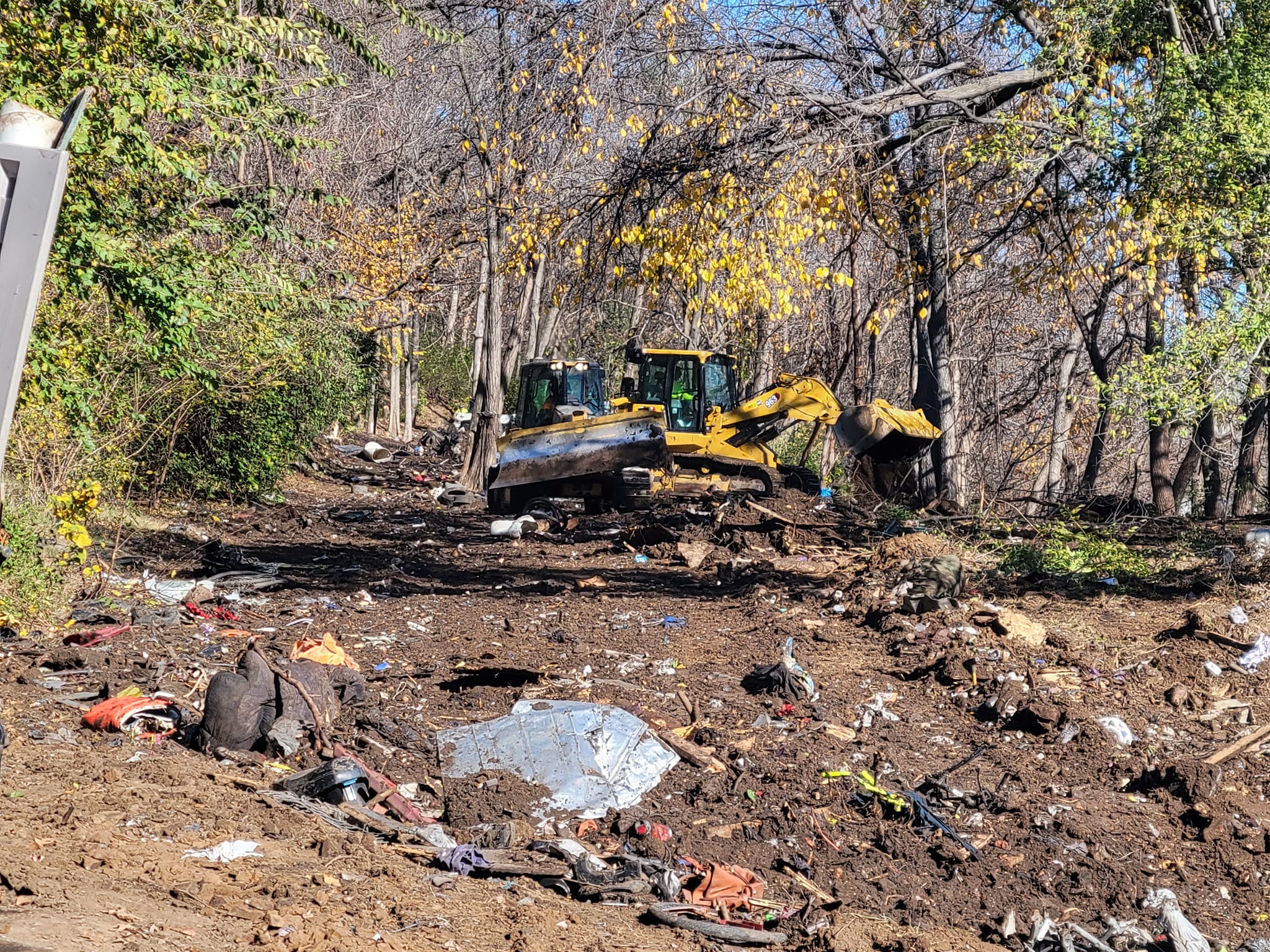 By Paul Thompson
By Paul Thompson
Northeast News
Stakeholders on all sides of Kansas City’s short-term rental (Airbnb, HomeAway, VRBO) debate gathered on the 22nd floor of City Hall on the past two Wednesday’s to work towards common-sense regulations for the emerging industry.
Gone were the two-minute limits for public testimony, which are typical during City Hall committee meetings. As a result, the sweeping statements and full-throated testimonials common in that format were swapped out for a constructive dialogue. That dialogue, in turn, brought the seeds of compromise.
The discussions were orchestrated by 6th District Councilman Scott Taylor, who felt strongly that long-time neighborhood leaders should have a say in the terms of short-term rental regulations. All along, neighborhood leaders from Kansas City’s suburbs have voiced concerns about allowing short term rental platforms like Airbnb to operate out of R-7.5 and R-10 single-family residential zoning districts. Typically, those neighborhood representatives have hoped to confine short-term rentals to the city’s urban core.
“In my ideal world, this wouldn’t be allowed in R-7.5, R-10, or R-80,” said John Sharp, former 6th District Councilman. “But we certainly want to try to work out something that would be agreeable to all sides.”
Sharp’s preference is to require all short-term rental hosts to acquire the consent of a certain percentage (55% was proposed) of adjacent property owners before a short term rental permit is approved. If for whatever reason that percentage can’t be reached, hosts would need to go through the process of getting a special use permit.
Others in the room – which included hotel and bed & breakfast representatives, in addition to neighborhood leaders and short-term rental advocates – objected to any requirement for consent, preferring hosts to simply provide notification to the City of their intent to utilize space in their homes for short term rentals.
Doug Nelson, a consultant for Expedia, wondered what opponents were trying to solve with the consent vs. notification question. He said that courts have deemed short term rentals to be a residential use.
“I don’t want to get legal on this, but the courts that have looked at short term rentals at residential properties have found it to be a resident use, not a commercial use,” Nelson said.
Ryan Weber agreed, stating his beliefs that hosts will evade the regulations if they are too demanding. To Weber, the idea of requiring consent crosses that red line.
“This consent will be publicly viewed as suppression,” Weber said.
The City has proposed dividing the short-term rental market into two tiers. Type one includes owner-occupied residences that are rented for no greater than 95 days per calendar year. No more than eight guests could stay in any dwelling unit at a given time, and all prospective units would need to provide notice to adjacent property owners of STR intent. The property would also need to be registered for $100, with an additional annual registration fee of $50. Type two would include single or multi-family structures that are not owner-occupied. Guest limits also apply, and owners would be required to acquire the consent of of adjacent property owners to use the space for short-term rentals. A $259 registration fee would apply, along with the $50 annual registration fee.
The discussion of these qualifying circumstances led to another debate: how will the City enforce these regulations?
“Even now, we don’t have the inspectors that we need in the City,” said Carol McClure, president of the Stratford homes association.
Diane Binckley, KCMO City Planning and Development’s Deputy Director, acknowledged during the roundtable that the City currently has only three enforcement officers for the whole city, and is actively looking for candidates to fill two additional positions. Even with five officers, the question arose of how they could keep tabs on the 700-plus Airbnb’s that are already operating in Kansas City. With every layer of additional regulation comes additional burden to those enforcement officers, who would be expected to inspect the condition of the properties, as well.
Steve Mitchell, a short-term rental host and author of a committee substitute ordinance, found a point of common ground during the roundtable when he proposed instituting a per-night fee on all short-term rentals. Those funds, Mitchell said, could then be funneled back into City coffers to pay for additional inspectors to help enforce regulations. The nightly fees would follow in the footsteps of funding solutions undertaken by cities like Memphis and New Orleans. Mitchell suggested that hosting short-term renters is a profitable enough enterprise that hosts wouldn’t object to the fees.
“The money is sitting right there in front of you; just impose the fees,” Mitchell said.
Eventually, the group settled on imposing a $3 per-night fee; it’s first significant agreement during the roundtable discussions. From there, Taylor asked short-term rental proponents to consider more concessions in the coming weeks.
“We’re really trying to work out a compromise,” Taylor said. “I appreciate you giving a little bit here, but we need you to give a little more.”
Despite the disagreement over consent versus notification, Nelson agreed that the City has negotiated in good faith towards a compromise.
“This is actually a much more productive conversation than we’re having anywhere else,” Nelson said.
Talks are expected to be ongoing, as Taylor indicated that the short-term rental ordinance is likely to be held until the Wednesday, November 29 meeting.

















